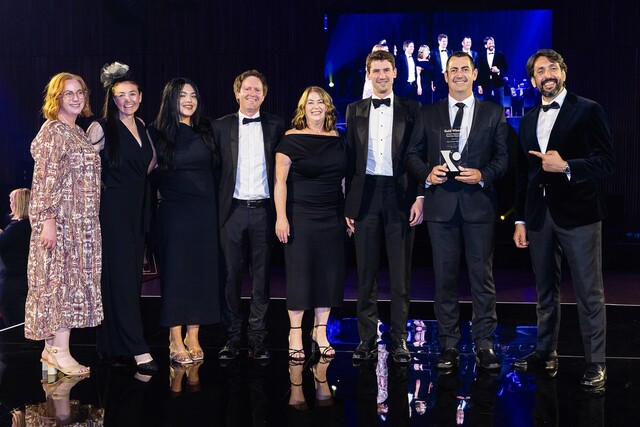The City of South Perth has run a series of successful workshops on woodland protection and sustainability.
The City of South Perth received a Community Capability Grant through the WA State Government’s Natural Resource Management Office to facilitate a number of training sessions for local schools, community members and City staff in 2017.
An aim of the project was to improve people’s knowledge of Phytophthora cinnamomi (a mould that causes plant roots to rot) and other general biosecurity issues within the City.
In March an introduction to the Discovering Dieback Program was delivered to two local schools in the City who have remnant banksia woodlands on their grounds.
The children were introduced to the pathogen and its impacts on the biodiversity of the South West region.
Through games and activities students discovered how they could help to stop the spread of the disease.
Staff from the City’s engineering and environmental divisions, as well as two staff members from the Town of Victoria Park, undertook Green Card training in April.
It provided participants with the knowledge and skills to incorporate hygiene into their day-to-day tasks to prevent the impacts of Phytophthora in the City.
The development of a Dieback management procedure for the City and Phytophthora surveys of reserves are underway as part of in-kind contributions for the grant.
These will further improve the Phytophthora knowledge and hygiene practices within the City and assist when engaging contractors.
The surveys will also help to drive projects for management of Phytophthora in the City’s reserves which will include upgrading signage in Phytophthora infested reserves and installation of boot cleaning stations.
A community event saw groups, landholders and students participate in Green Card training and Phosphite treatment training in one of the City’s remnant bushland areas.
In addition, the City received funding from the Water Corporation to: deliver a series of community education sustainability workshops by the Forever Project; to retrofit the City Operation Centre’s garden beds with waterwise native plans to reduce water consumption; and to complete a water audit on the City’s Collier Park Retirement Village.
Also, in February and March of this year, sustainability experts Shani Graham and Tim Darby from Living Smart delivered a seven-week course focusing on how the local community could make sustainable changes in their own homes. The course was designed with the needs of participants in mind and included topic such as waste, living simply, power, water and gardening.
















